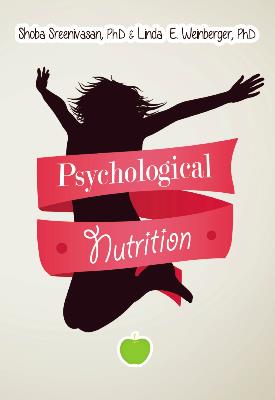by Shoba Sreenivasan, Ph.D. and Linda E. Weinberger, Ph.D.
The recent death of the musician, Prince, from an accidental overdose of fentanyl highlights the seriousness of “opioid” treatment for chronic pain. Reports indicate that he was in constant pain as result of his athletic performances.
The use of prescription opioid analgesics has increased significantly. Moreover, the U.S. Department of Health and Human Services has found that opioid analgesics have been associated with increasing rates of addiction and abuse.
The use of such medications may lessen pain in the short-term; however, its long-term use remains problematic. Not only may the use of opioids potentiate abuse, but it may also produce a chronic pain state as well as deepen depression. In addition, the side-effects of these medications alone, or in combination with other drugs, or if misused by persons with co-morbid conditions, can range from sedation to death.
 Given these issues, alternate strategies for chronic pain management are needed. Approaches such as psychotherapy (e.g., cognitive-behavioral treatment, mindfulness), meditation, yoga, and acupuncture have proved moderately successful in meta-analysis studies.
Given these issues, alternate strategies for chronic pain management are needed. Approaches such as psychotherapy (e.g., cognitive-behavioral treatment, mindfulness), meditation, yoga, and acupuncture have proved moderately successful in meta-analysis studies.
We believe an approach that centers on one’s emotional nutritional intake can also help patients manage chronic physical pain. We explore this in terms of “psychological nutrition.” For example, the more a person focuses on their pain, the greater the sensation. This in turn leads to psychologically non-nutritious (high fat) emotions; such as, stress, fear, frustration, helplessness, and depression. By consuming these non-nutritious emotions, the patient is less able or motivated to follow the prescribed treatment.
Consequently, the pain and medical condition can worsen. On the other hand, if the patient consumes a diet rich in “low fat” emotions (such as, optimism, calmness, hopefulness, and confidence), their sensation of pain could well be relieved and less apparent to them; thus, making them more inclined to follow their medical regimen.
- Patients should be encouraged to spend more time on thoughts and activities that direct their attention away from their pain. Engaging in fun activities and thoughts that have a positive, or least neutral, valence can block pain sensations.
- Physicians should be available and willing to provide the patient with information and instruction about their medical condition, in addition to the nature, duration, and means of alleviating the pain to be experienced. Lack of information can be highly anxiety arousing for the patient.
The importance of a patient’s psychological nutritional state and its influence on their physical health cannot be underestimated. Helping patients recognize their emotional reactions to pain and how they can regulate their intake of positive and negative emotions is an approach not only for pain management, but in living a meaningful and healthy life.
Dr. Shoba Sreenivasan and Dr. Linda E. Weinberger are authors of the new book Psychological Nutrition, which encourages people to live happier and healthier lives by monitoring emotions that are consumed on a daily basis. Learn more at www.psychologicalnutrition.

